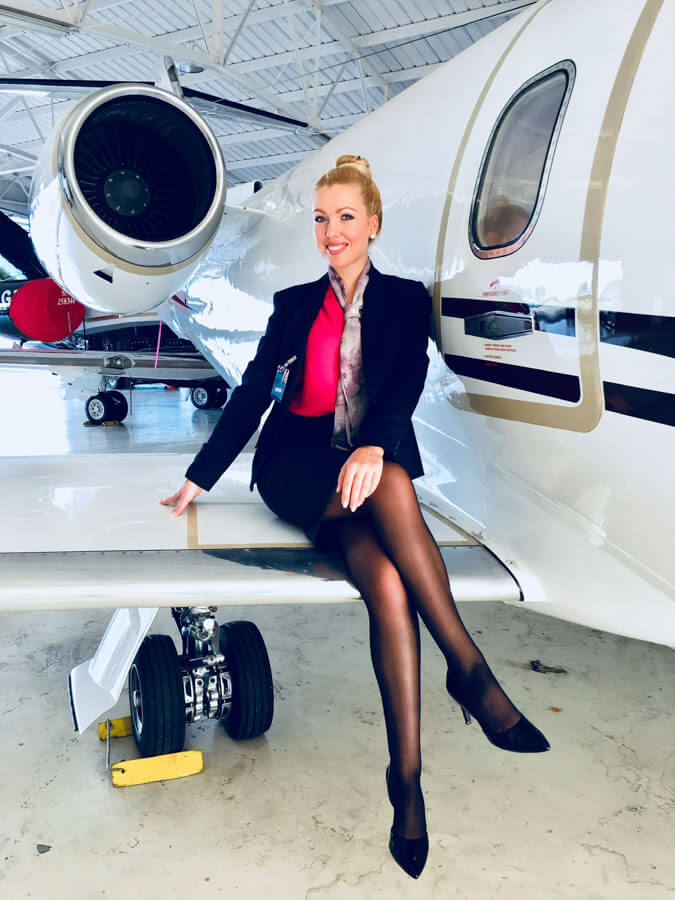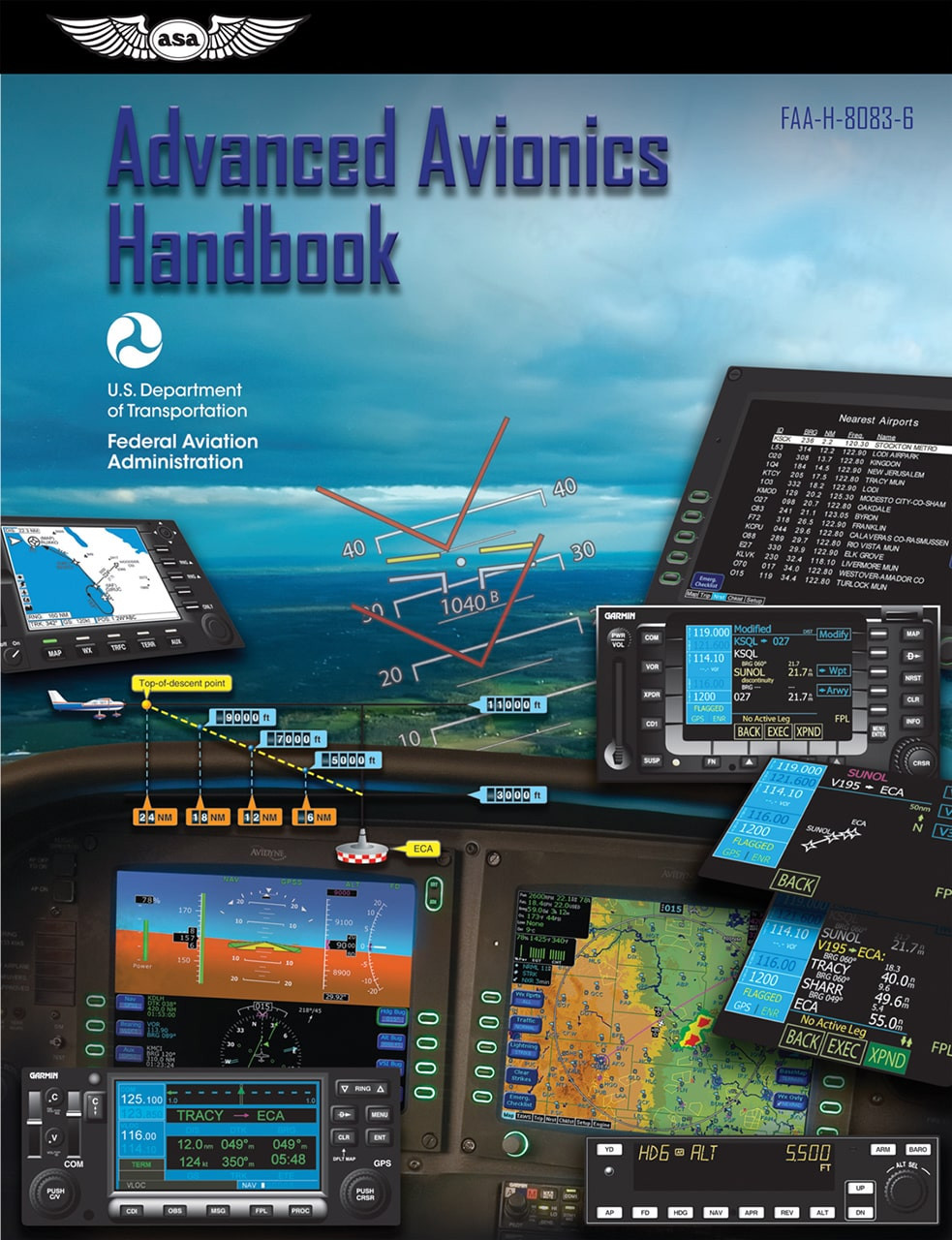In this article, you will learn about the qualifications and training required for a private jet crew. As a professional in the industry of business jet charters for the past 20 years, I will provide you with valuable information to help you understand the expertise and skills required for a private jet crew. Whether you are considering flying private or simply curious about the industry, this article will give you insight into the qualifications and training process for the crew members of a private jet.
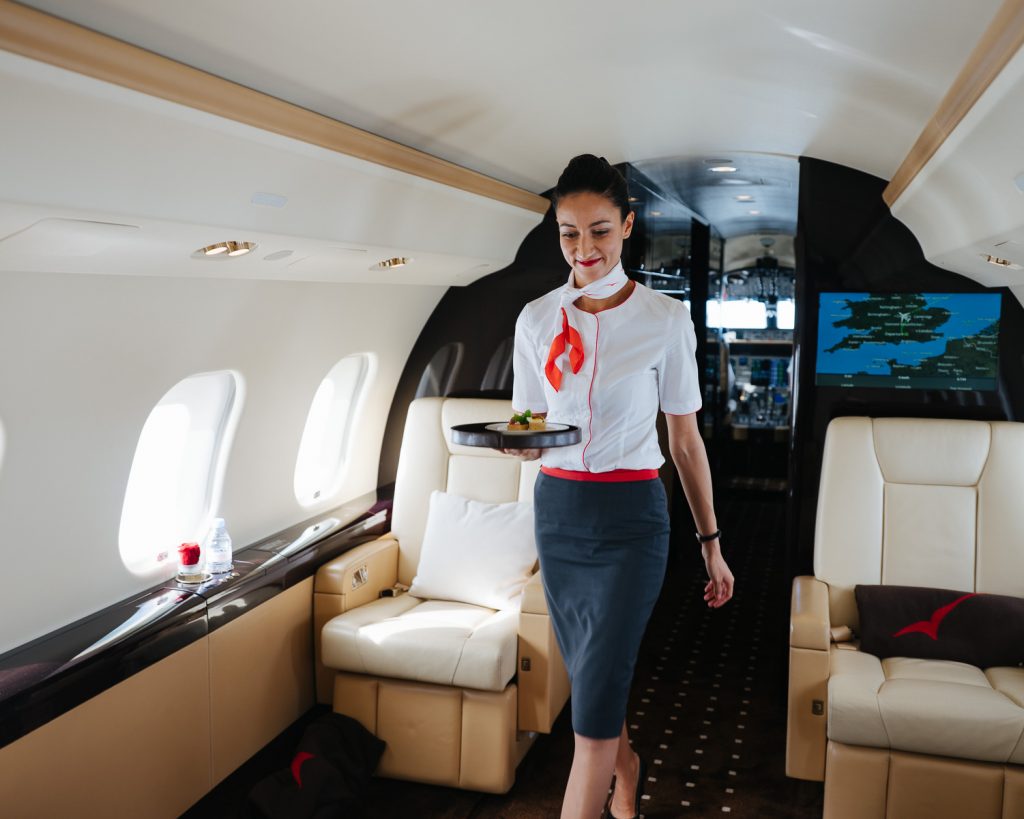
This image is property of www.vistajet.com.
The Importance of Private Jet Crew Qualifications and Training
Private jet travel offers a level of luxury and convenience that is unmatched by commercial airlines. Whether you are a high-powered executive, a celebrity, or a discerning traveler, flying on a private jet allows you to experience the ultimate in comfort and personalized service. However, behind the scenes, there is a team of highly trained and qualified individuals who are responsible for ensuring your safety, comfort, and overall experience. In this article, we will explore the importance of private jet crew qualifications and training, and why it should matter to you as a passenger.
Ensuring Passenger Safety and Comfort
One of the primary responsibilities of the private jet crew is to ensure the safety and comfort of the passengers. Unlike commercial airlines, where the cabin crew may have hundreds of passengers to attend to, private jet crew members are able to provide personalized attention and care to each individual on board. From pre-flight safety briefings to assisting with emergency equipment and ensuring compliance with safety regulations, the crew plays a critical role in passenger safety.
In addition to safety, the private jet crew is also responsible for providing a comfortable and luxurious experience for the passengers. They are trained in service and hospitality, ensuring that every need is met and every request is fulfilled. From providing a warm towel upon boarding to serving gourmet meals and beverages, the crew goes above and beyond to create a memorable and enjoyable experience for each passenger.
Meeting Regulatory Standards
Private jet charters must comply with various regulatory standards and guidelines set forth by aviation authorities. This includes having a crew that is properly qualified and trained to operate the aircraft safely and efficiently. By adhering to these standards, private jet operators can ensure that their crew members possess the necessary skills, knowledge, and experience to handle the responsibilities associated with operating a private jet.
Handling Emergencies and Unexpected Situations
While private jet travel is generally safe and reliable, emergencies and unexpected situations can still arise. In these situations, the training and qualifications of the private jet crew become even more crucial. The crew members are trained to handle various emergency scenarios, from medical emergencies to aircraft malfunctions. They are well-versed in emergency procedures, evacuation protocols, and crisis management, enabling them to act swiftly and effectively in order to protect the well-being of the passengers.
Requirements for Private Jet Crew
In order to become a member of a private jet crew, individuals must meet certain requirements and qualifications. These requirements ensure that the crew members have the necessary skills, knowledge, and fitness to perform their duties effectively. Let’s take a look at some of the key requirements for private jet crew members.
Pilot Certifications and Ratings
The pilot is the captain of the aircraft and is responsible for the safe operation of the aircraft during the flight. Therefore, it is crucial that pilots possess the necessary certifications and ratings to fly the specific type of aircraft they will be operating. The requirements for pilot certifications and ratings vary depending on the jurisdiction, but generally include a commercial pilot license, an instrument rating, a multi-engine rating, and a type rating for the specific aircraft type.
Cabin Crew Certifications
The cabin crew, also known as flight attendants, are responsible for ensuring the safety and comfort of the passengers. In order to become a cabin crew member, individuals must undergo specialized training and obtain the necessary certifications. These certifications typically include training in safety and emergency procedures, service and hospitality, and medical training and first aid certification.
Medical Fitness and Training
In addition to the certifications and qualifications mentioned above, private jet crew members must also meet certain medical fitness requirements. These requirements ensure that the crew members are physically and mentally capable of performing their duties. They may be required to undergo regular medical examinations to maintain their fitness to fly.
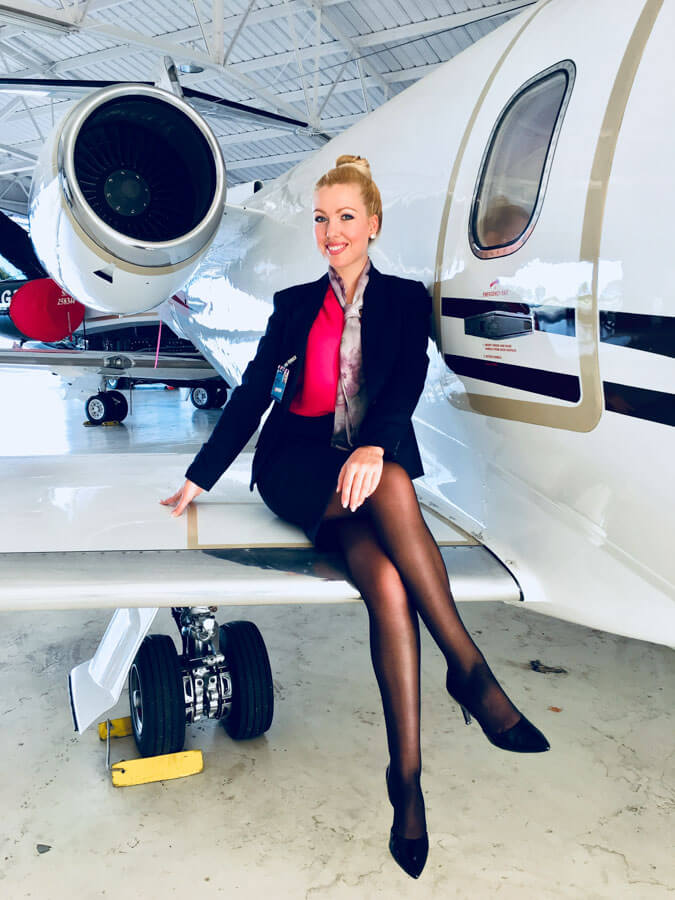
This image is property of www.roadiscalling.com.
Pilot Qualifications and Training
The pilot is arguably the most important member of the private jet crew, as they are responsible for the safe and efficient operation of the aircraft. Let’s take a closer look at the qualifications and training that pilots undergo in order to become a part of the private jet crew.
Minimum Flight Experience
Pilots must meet certain flight experience requirements in order to be considered for a position on the private jet crew. While the exact requirements may vary depending on the jurisdiction and the specific private jet operator, pilots generally need to have a minimum number of flight hours, typically ranging from 1,000 to 5,000 hours.
Type Rating and Recurrent Training
In addition to flight experience, pilots must also obtain a type rating for the specific type of aircraft they will be operating. A type rating is a certification that demonstrates the pilot’s proficiency in flying a particular aircraft type. Pilots must undergo specialized training and pass a proficiency check in order to obtain a type rating.
Once pilots have obtained their type rating, they are required to undergo recurrent training on a regular basis. This training ensures that pilots remain up-to-date with the latest aviation regulations, technology advancements, and best practices in flight operations. It also allows pilots to refresh and enhance their skills and knowledge.
Up-to-Date Knowledge of Aviation Regulations
Aviation regulations are constantly evolving, and it is crucial for pilots to stay abreast of these changes. Pilots must possess up-to-date knowledge of aviation regulations, including navigation procedures, air traffic control protocols, and emergency procedures. This knowledge allows pilots to operate the aircraft safely and efficiently, while also ensuring compliance with regulatory requirements.
Crew Resource Management Training
Crew resource management (CRM) training is a critical component of pilot training. CRM focuses on effective communication, teamwork, and decision-making within the flight crew. It teaches pilots how to effectively utilize all available resources, including other crew members and technology, in order to ensure safe and efficient flight operations.
Cabin Crew Qualifications and Training
While pilots are responsible for the safe operation of the aircraft, the cabin crew is responsible for the safety and comfort of the passengers. Let’s take a closer look at the qualifications and training that cabin crew members undergo.
Safety and Emergency Procedures Training
One of the primary roles of the cabin crew is to ensure the safety of the passengers in the event of an emergency. Therefore, cabin crew members undergo extensive training in safety and emergency procedures. This training includes learning how to operate emergency equipment, such as evacuation slides and life rafts, and how to assist passengers during an emergency evacuation.
Service and Hospitality Training
In addition to safety training, cabin crew members also undergo training in service and hospitality. This training ensures that cabin crew members are able to provide a high level of service to the passengers, making their journey as comfortable and enjoyable as possible. From serving gourmet meals and beverages to assisting with individual preferences and requests, cabin crew members play a crucial role in creating a luxurious and personalized experience for the passengers.
Medical Training and First Aid Certification
Cabin crew members are often the first responders in the event of a medical emergency on board. Therefore, they undergo training in medical procedures and first aid. This training enables them to provide immediate care and assistance to passengers who may require medical attention during the flight.

This image is property of www.claylacy.com.
Background Checks and Hiring Procedures
In order to ensure the safety and security of the passengers, private jet operators often conduct thorough background checks and rigorous hiring procedures for their crew members. Let’s take a look at some of the key aspects of these checks and procedures.
Verification of Prior Experience
Private jet operators typically verify the prior experience of potential crew members to ensure that they have the necessary skills and qualifications. This may include checking references, contacting previous employers, and verifying certifications and ratings.
Psychological Assessments
In addition to verifying prior experience, private jet operators may also conduct psychological assessments on potential crew members. These assessments are designed to evaluate the candidate’s mental and emotional fitness to perform the duties of a private jet crew member. They help to ensure that crew members are capable of handling the demands and stresses associated with the job.
Criminal Record Checks
Private jet operators also conduct criminal record checks on potential crew members to ensure that they have a clean background. This helps to ensure the safety and security of the passengers, as well as the reputation and integrity of the private jet operator.
Ongoing Training and Professional Development
Qualifications and training do not end once crew members are hired. Ongoing training and professional development are crucial for private jet crew members to stay current with industry standards and best practices. Let’s explore some of the key aspects of ongoing training and professional development for private jet crew members.
Simulator Training
Simulator training is a vital aspect of ongoing training for both pilots and cabin crew members. Simulators allow crew members to practice and perfect their skills in a safe and controlled environment. They can simulate various scenarios, including emergency situations, equipment malfunctions, and adverse weather conditions. This training ensures that crew members are well-prepared to handle any situation that may arise during a flight.
Safety Drills and Mock Scenarios
Safety drills and mock scenarios are another important aspect of ongoing training for private jet crew members. These drills and scenarios allow crew members to practice their emergency response skills and ensure that they are well-prepared to handle any emergency situation. They help to build confidence, enhance teamwork, and reinforce safety protocols and procedures.
Customer Service Refresher Courses
Customer service is a crucial aspect of the private jet experience, and private jet crew members must constantly strive to deliver the highest level of service to the passengers. Customer service refresher courses provide crew members with the skills and knowledge necessary to provide exceptional service, from anticipating and meeting the needs of the passengers to resolving any issues or concerns that may arise.

This image is property of www.roadiscalling.com.
Importance of Communication Skills
Effective communication is paramount in the private jet industry, both within the crew and with the passengers. Let’s explore the importance of communication skills for private jet crew members.
Effective Communication with Passengers
Private jet crew members must possess excellent communication skills in order to provide a personalized and exceptional experience for the passengers. This includes being able to listen actively, understand and anticipate the needs of the passengers, and communicate clearly and professionally.
Coordinated Communication within the Crew
Effective communication within the crew is also crucial for the safe and efficient operation of the private jet. Pilots and cabin crew members must be able to communicate effectively with each other, conveying important information and making coordinated decisions in real-time. This ensures that everyone is on the same page and working together towards a common goal.
Clear and Concise Radio Communication
Radio communication is a vital aspect of flight operations, especially during takeoff, landing, and other critical phases of flight. Pilots must be able to communicate clearly and concisely with air traffic control, conveying important information such as their position, altitude, and intentions. This ensures safe and efficient traffic flow and helps to prevent any misunderstandings or confusion.
Role of Crew in Passenger Safety
Passenger safety is of utmost importance in the private jet industry, and the crew plays a critical role in ensuring the safety of the passengers. Let’s take a closer look at the role of the crew in passenger safety.
Pre-Flight Safety Briefings
Before each flight, the crew conducts a pre-flight safety briefing. This briefing includes important safety information, such as the location and operation of emergency exits, the use of seat belts and oxygen masks, and other safety procedures. This ensures that passengers are aware of the safety features and procedures on board the aircraft and can act accordingly in the event of an emergency.
Assisting with Emergency Equipment
In addition to providing safety briefings, the crew is also responsible for assisting passengers with emergency equipment, such as life jackets and inflatable slides. They ensure that passengers know how to properly use this equipment and can evacuate the aircraft quickly and safely in the event of an emergency.
Ensuring Compliance with Safety Regulations
The crew is also responsible for ensuring that passengers comply with safety regulations during the flight. This includes ensuring that seat belts are fastened during takeoff and landing, electronic devices are turned off when required, and other safety requirements are followed. By ensuring compliance with safety regulations, the crew helps to maintain a safe and secure environment for the passengers.
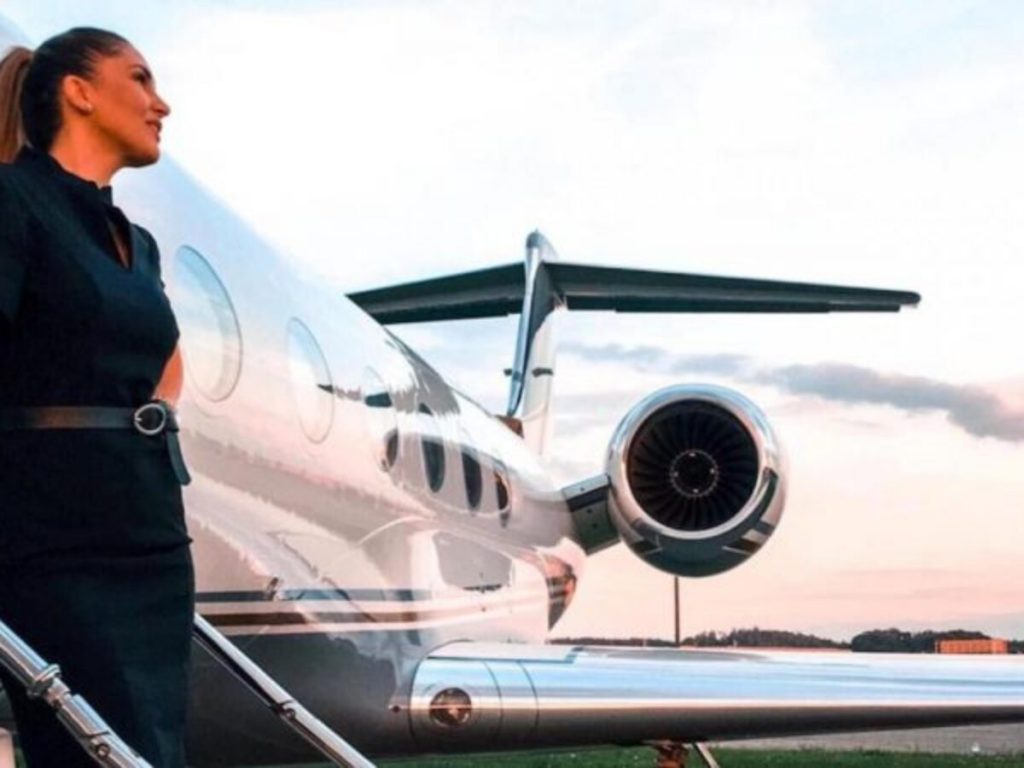
This image is property of flybitlux.com.
Emergency Response and Crisis Management
While emergencies and crises are rare in private jet travel, the crew must be prepared to handle such situations effectively and efficiently. Let’s explore the role of the crew in emergency response and crisis management.
Preparing for Emergency Situations
Private jet crew members undergo extensive training in emergency procedures to ensure that they are well-prepared to handle any emergency situation that may arise during a flight. They are trained to remain calm and composed, assess the situation quickly and accurately, and take appropriate action to protect the well-being of the passengers.
Managing Medical Emergencies
Cabin crew members are often the first responders in the event of a medical emergency on board. They are trained in basic first aid and medical procedures, enabling them to provide immediate care and assistance to passengers who may require medical attention. In more serious cases, the crew is trained to coordinate with ground-based medical professionals and ensure that the passenger receives the necessary medical treatment upon landing.
Evacuation and Emergency Procedures
In the event of an emergency that requires the evacuation of the aircraft, the crew is responsible for coordinating and executing the evacuation procedures. This includes assisting passengers in safely evacuating the aircraft, ensuring that all necessary emergency equipment is deployed, and maintaining order and calm throughout the evacuation process.
Crew Training for Specific Aircraft Types
Private jet crew members must undergo specialized training for the specific type of aircraft they will be operating. Let’s explore the importance of this type-specific training.
Familiarization with Aircraft Systems
Each aircraft type has its own unique systems and capabilities. Therefore, crew members must undergo training to familiarize themselves with the specific aircraft type they will be operating. This includes learning about the aircraft’s avionics, navigation systems, communication systems, and other important components.
Type-Specific Emergency Training
In addition to familiarizing themselves with the aircraft systems, crew members also undergo type-specific emergency training. This training focuses on the emergency procedures and equipment specific to the aircraft type, ensuring that crew members are well-prepared to handle any emergency situation that may arise.
Avionics and Navigation Training
Avionics and navigation training is another important component of type-specific training for private jet crew members. This training ensures that crew members are proficient in operating the aircraft’s avionics and navigation systems, including autopilot, navigation displays, and communication systems. This enables them to navigate safely and efficiently during the flight.
Training Facilities and Programs
Private jet crew members receive their training from certified aviation training institutes. These training institutes offer specialized programs to equip crew members with the necessary skills and knowledge to perform their duties effectively. Let’s explore some key aspects of these training facilities and programs.
Certified Aviation Training Institutes
Private jet crew members receive their training from certified aviation training institutes. These institutes are authorized by aviation authorities to provide training for pilots, cabin crew members, and other aviation professionals. They adhere to strict standards and regulations to ensure that the training they provide is of the highest quality.
Training Programs Offered
Aviation training institutes offer a wide range of training programs for private jet crew members. These programs cover various aspects of private jet operation, including pilot training, cabin crew training, and emergency response training. They are designed to equip crew members with the necessary skills and knowledge to perform their duties effectively and safely.
Simulator Capabilities
Simulator training is an essential aspect of private jet crew training, and aviation training institutes have state-of-the-art simulators to facilitate this training. These simulators are capable of simulating various flight scenarios, including emergency situations and adverse weather conditions. They provide a realistic and immersive training environment, allowing crew members to practice and perfect their skills in a safe and controlled setting.
Challenges in Private Jet Crew Training
Private jet crew training is not without its challenges. Let’s explore some of the challenges that private jet operators and crew members face when it comes to training.
Technical Advancements and Ever-Changing Equipment
The private jet industry is constantly evolving, with new technologies and advancements being introduced on a regular basis. This poses a challenge for private jet crew members, as they must stay up-to-date with these advancements and ensure that they are trained to operate the latest equipment. Private jet operators must invest in ongoing training and education to ensure that their crew members remain current with industry standards and best practices.
Adapting to New Regulations and Guidelines
Aviation regulations and guidelines are subject to change, and private jet crew members must be able to adapt to these changes. This may involve updating training materials, revising emergency procedures, or implementing new safety protocols. Private jet operators must stay abreast of these changes and ensure that their crew members receive the necessary training and information to comply with new regulations and guidelines.
Continuous Evaluation and Performance Monitoring
Continuous evaluation and performance monitoring are crucial aspects of private jet crew training. Let’s explore how private jet operators evaluate and monitor the performance of their crew members.
Standardized Evaluations and Assessments
Private jet operators often conduct standardized evaluations and assessments to measure the performance of their crew members. These evaluations may include written exams, simulator tests, and practical evaluations. They help to identify any areas of improvement and ensure that crew members are performing their duties at the highest level of professionalism and competence.
Safety Audits and Spot Checks
In addition to standardized evaluations, private jet operators may also conduct safety audits and spot checks to ensure compliance with safety regulations and best practices. These audits and spot checks are designed to identify any potential safety risks or deficiencies and take corrective action as necessary. They help to maintain the highest level of safety and security for the passengers.
Feedback from Passengers and Crew
Private jet operators also seek feedback from passengers and crew members to evaluate the performance of their crew members. This feedback provides valuable insights into the crew’s professionalism, service, and overall performance. It allows the operators to identify areas of improvement and make necessary adjustments to enhance the passenger experience.
Conclusion
In conclusion, the qualifications and training of private jet crew members are of utmost importance in ensuring the optimal safety, comfort, and professionalism of the passengers. From pilot certifications and ratings to cabin crew certifications and ongoing training, private jet crew members undergo rigorous training to equip them with the necessary skills and knowledge to perform their duties effectively. The crew plays a critical role in passenger safety, handling emergencies and unexpected situations, and providing a luxurious and personalized experience. Private jet operators must invest in ongoing training and professional development to ensure that their crew members remain current with industry standards and best practices. By selecting a private jet charter company with qualified and well-trained crew members, you can be assured of the highest level of safety, comfort, and professionalism during your private jet journey.
